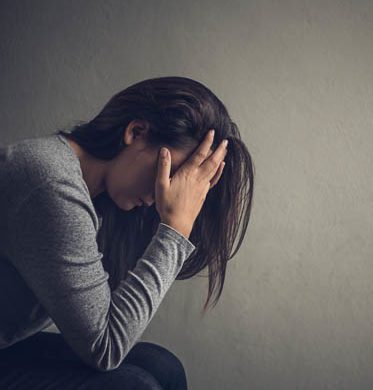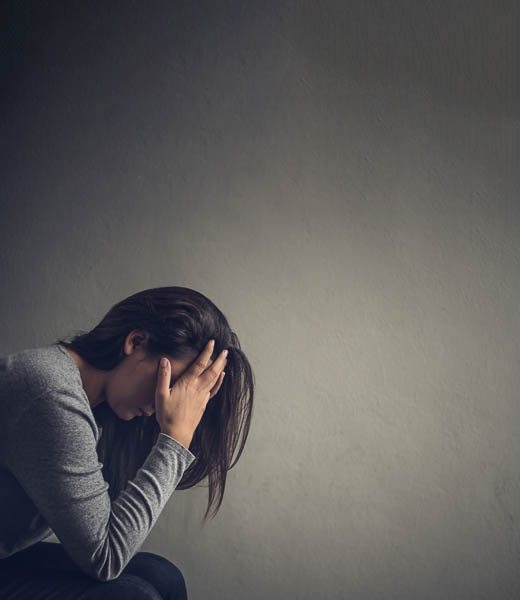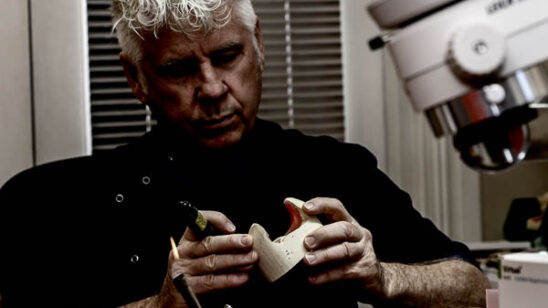
The impact of disaster
The impact of a disaster is often measured by a handful of factors; the number of fatalities/injuries, the number of homes and buildings destroyed, the cost of cleanup and repair, and the level of violence/destruction that took place, to name a few. Rarely does it account for the emotional wounds inflicted on those directly and indirectly affected; those left to pick up the pieces.

Over the years following Christchurch’s earthquakes of 2010 and 2011 and the consequent effects that the tragedies had on the mental health of many, a review was conducted by the University of Otago that assessed the psychological consequences of the Canterbury earthquakes on a range of affected individuals. The research was recently published in the Australian and New Zealand Journal of Public Health and it established that there was, unsurprisingly, an increase in psychological distress amongst people who were exposed to the sequence of earthquakes in Christchurch.
In light of the recent tragic events of 15 March 2019, it is important to remember that profound sadness, grief and anxiety are completely normal reactions to an abnormal event, whether it is a natural or manmade disaster, and it is also important to acknowledge your feelings to help you recover. Clinical psychologist Ian de Terte who commented on the review, advises utilising one’s own adaptive coping strategies that they have used previously. Reach out to your loved ones and if you feel you require assistance and advice, seeking counselling is a positive option. Psychiatrists play important roles in disaster planning and preparedness, and in short and longer term responses.
God forbid should another disastrous event happen again, individually tailored approaches to limit our stress and keep ourselves safe will become indispensable during those times. In addition to this, our overall evolving understanding of the impacts that previous disasters have had on mental health, such as widespread distress and how we respond to it, is ultimately how we can prepare for any future disasters in our small but special city.
Those in the midst of any disaster are more than likely to suffer from post-traumatic stress disorder following the events. First and foremost, it is important to understand how they are feeling. Talk to them and acknowledge their spoken feelings. Encourage treatment and positive treatment planning as this is paramount for recovery. Invite your loved one to accompany you for a walk or other peaceful activity. Above all, be patient.
The importance of reviews like this cannot be undermined. Dr Sarb Johal, a private consultant clinical psychologist who also commented on the review, says that without timely high-quality research we risk missing opportunities to reduce the impacts of disasters when they occur. “We must press on with strategic investments in high quality, New Zealand-based research to understand our hazardscape and its potential and actualised consequences for all of
New Zealand’s communities.”




